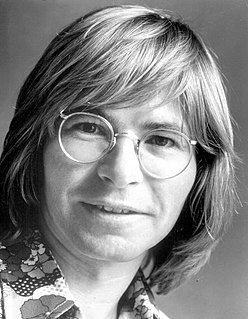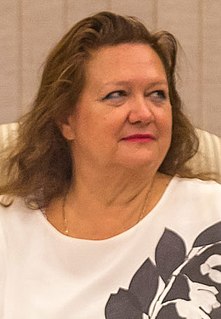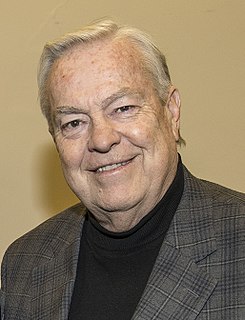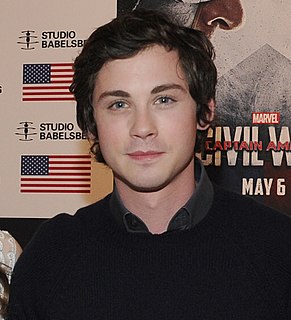A Quote by Katharine Viner
As editor-in-chief of the 'Guardian' and the 'Observer', my job is to ensure that our independent journalism continues to be enjoyed by as many readers as possible and that our print newspapers make a positive financial contribution to securing a sustainable future.
Related Quotes
I suppose that's a question most often asked of me by people who would like to make a positive contribution towards a sustainable future and a healthy environment. There are so many things that need to be done that sometimes it seems overwhelming. I try to remind everyone that no one person has to do it all but if each one of us follows our heart and our own inclinations we will find the small things that we can do, and together we will come up with enough to create a sustainable future and a healthy environment.
The investment in our mining industry has been very positive for Australia but we need to be doing more if we want, as I do, more revenue for our defence - which I think is under-resourced - our police, our elderly, our hospitals, roads, infrastructure and communication, to be able to repay our debts and enable sustainable job opportunities for existing and future generations.
Virgil Thomson, the great classical music critic, who was also a composer, but said that criticism was the only antidote he knew to pay publicity. Critics at their best are independent voices people take seriously their responsibility to see as many things as they can see, put them in the widest possible perspective, educate their readers, I really do think of myself as a teacher. Newspapers that don't carry arts criticism at all while not fulfill this function. And probably their arts journalism will be deprived as a result.
[The web] is going to end up being a tremendous advantage, providing we can work out the financial structure. I think we’ll see newspapers survive, being printed at home... Or you’ll have a local print shop, so that rather than waiting for the newspapers to arrive by truck, which is 30 percent at least of a newspaper’s cost, you’ll go in and push a button, and it will take your dollar bills without anyone having to be there. And it will print the newspaper for you while you wait. It will take seven minutes. There’s a terrific future for print in my view and it gives me great heart.
Education is 'the guardian genius of our democracy.' Nothing really means more to our future, not our military defenses, not our missiles or our bombers, not our production economy, not even our democratic system of government. For all of these are worthless if we lack the brain power to support and sustain them.































